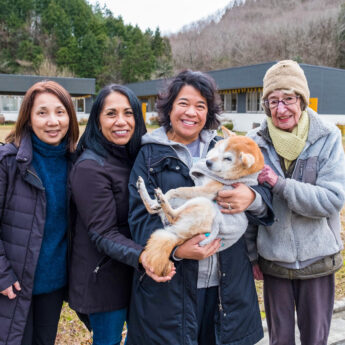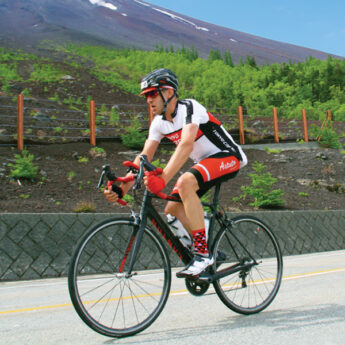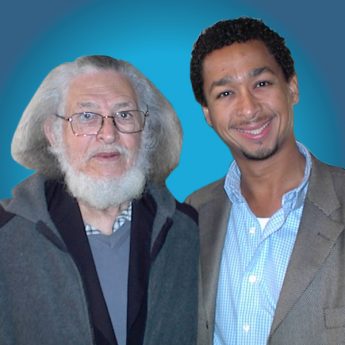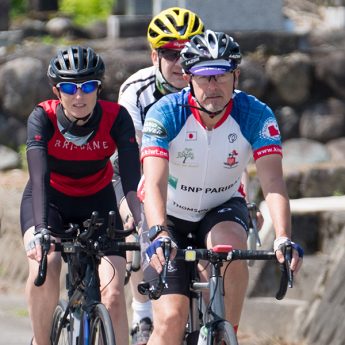Resilience has become a buzzword in the workplace as we face challenges on a scale most of us have never experienced. Suddenly, resilience has gone from being an interesting “nice-to-have” concept to an essential skill that enables us to continue our lives and work in an uncertain and stressful time.
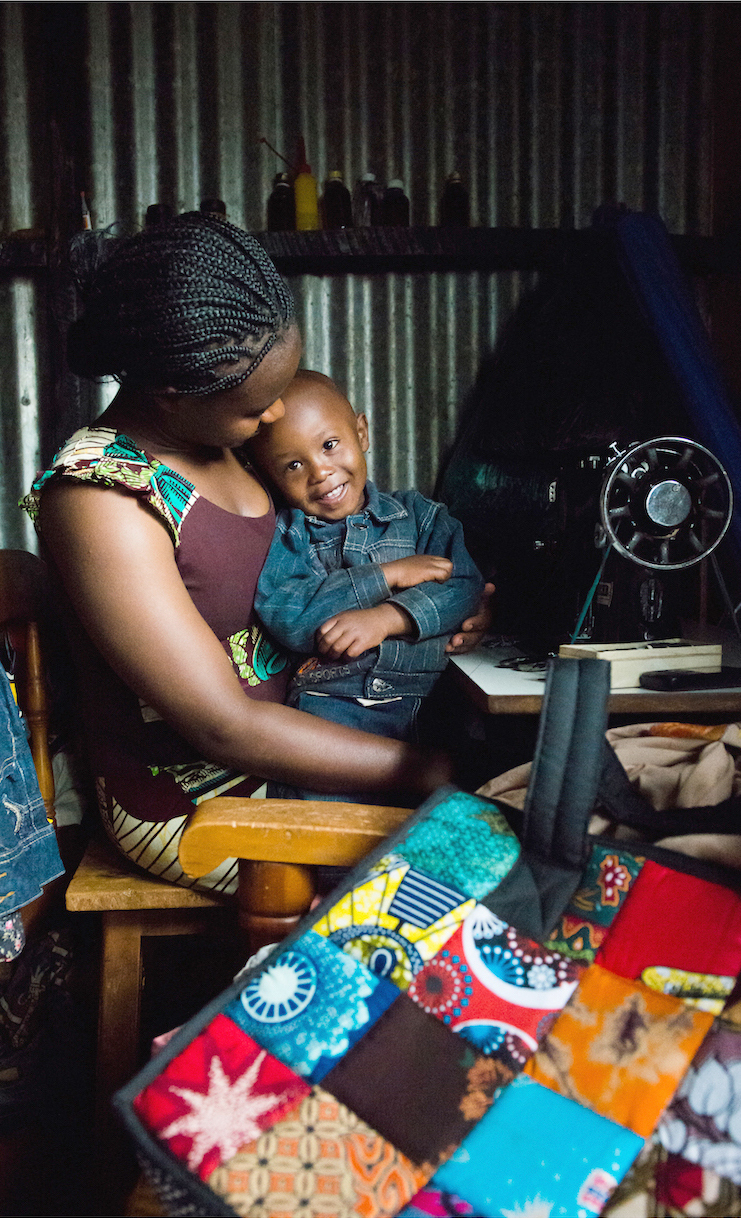
The Covid-19 crisis has affected us all in some way or another, and has given us a different perspective on life, work and community. For many, it means learning to be resourceful and find new ways of working.
Stay home
This is the slogan in Japan but, as we know, for millions of people around the world the word “home” takes on a different meaning. For refugees, home is often a distant memory, but a place to which they would like to return. We are experiencing, perhaps for the first time, how it feels to live with restrictions on our lifestyle, and this can offer us a new understanding of the conditions under which refugees live—often for years at a time, with no end in sight.
Learning moment
Facing unknown dangers and losing control of your life is a traumatic experience. It is easy to fall into “survival mode” and focus only on our own situation, shutting out the wider world and losing interest in things that do not affect us directly. But if we look to refugee communities that have faced challenges such as what we are experience now—and much worse—for years or even decades, there is much we can learn.
Refugees crave normality, and now we know what that feels like. But what will the “new normal” be? We mourn the life we had and want things to be the same as they were, but we may have to accept that this will not be possible. I hear people saying that “football won’t be football” without the buzz of live crowds, but for millions around the world an open space and markers for goal posts prove to be more than enough.
Resilience
At Refugees International Japan (RIJ), we see amazing resilience from the beneficiaries of the projects we fund as they rebuild their lives and communities to become independent of aid. And supporting refugees on their path to independence can pay off for us all in the long term through development of the labour force, a reduction in required financial aid or as hosts of refugees who give back in times of crisis.
As we read about the kindness and generosity of people around the world, we note that many refugees are involved in helping their neighbours. As Shadi Shhadeh, a Syrian refugee who set up a network of community shoppers for the vulnerable in Switzerland, said: “We live, and are still living, a crisis as refugees. That makes us probably in a better position to understand that there is a crisis and how to help”.
We see many more examples:
- Medically qualified refugees in Germany are being recruited to assist in hospitals
- Women who learned soap-making in Zaatari Camp, Jordan, have increased their production to share with others and improve hygiene
- Afghan refugees in Iran are making hospital gowns
- A Rwandan student nurse in Kenya is working night shifts to ease pressure on the regular staff
- Refugee chefs in community kitchens in the US state of Maryland are preparing meals for healthcare workers
After doing a presentation using case studies to illustrate resilience, the comment that one participant shared with us summed up perfectly the shift in mindset we are seeing: “I now view refugees with admiration and respect rather than pity”.
Challenges
RIJ faces its own challenges at the moment. We have realised that, like many charities around the world, we are over-dependent on event fundraising and we have had to reschedule many of our events.
As we all—refugee camps included—come out of lockdown, your support will enable us to meet our funding budget and allow projects to resume. As we see in the examples here, money invested now in the refugee communities pays off in the future. You can make a significant impact with a one-off donation today, or becoming a monthly donor.
We say, “Make use of a crisis”. And I’m reminded of a refugee living in Canada who said, “We’ll get through it. This is one more challenge in life”. Humanity, around the world, is in this crisis together, and it is people supporting one another that will enable us all to get through it.
For updates: rij-npo.org/en/activities

